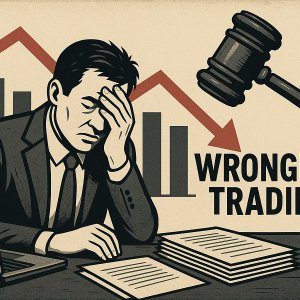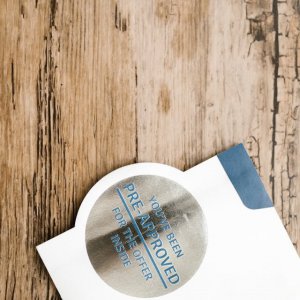Sole Traders & bankruptcy - What happens to your income? - Surplus Income?
Sole traders earnings / wages in a bankruptcy
If your income as a sole trader in the first year of bankruptcy is more than that needed for "your reasonable domestic needs" then the surplus income must be paid to the Official Receiver or to your Trustee in bankruptcy. That rule applies whether you are a sole trader or an individual in PAYE employment.
By clicking here you will be taken to another part of this site which addresses in more detail the mater of "surplus income".
If you are a sole trader and you have been made bankrupt, you must deliver all of your books and records of your trading activity to the Official Receiver. It is partly from those records and also from your bankruptcy petitioning forms that the Official Receiver assesses whether or not you have any surplus income from your sole trading activities.
You can still trade as a Sole Trader after the bankruptcy order has been made, however, it is more a practical matter as to whether the nature of your particular type of self employment requires finance to enable you to operate.
There are restrictions as to carrying on business (directly or indirectly) in a different name from that in which you were made bankrupt, without telling all those with whom you do business the name in which you were bankrupt.
It is possible with the Official Receivers/Trustee in bankruptcy's permission to use a trading name as long as the name in which you were made bankrupt is dominant on the paperwork used post bankruptcy (i.e on invoices, letterheads etcetera.)
If you are self employed, then from the date of bankruptcy to the following 5th April you will have a tax holiday. This tax holiday in the bankruptcy period results in your income increasing and consequently impacts on the amount of your surplus income and the sum payable under your income payments order, if any.
Should you not pay any sum under an income payments order or under an income payments agreement in the first year of bankruptcy the Official Receiver cannot review your income and ask for money from you for the following two years. By contrast if you are subject to paying over your surplus income to the Official Receiver in year one of the bankruptcy you will continue to make payments (subject to review) for a three year period in total.
Clearly with appropriate planning it is unusual for a sole trader in bankruptcy to pay any money under an income payments order or agreement. As always - take advice.
Would you like us to give you a call?
Fill in the form and we'll give you a call as soon as we can to discuss your needs in a free initial consultation with a Licensed Insolvency Practitioner. Alternatively give us a call on 01326 340579 if there is an urgency to your needs.
The information provided will be used solely to contact you and any information you provide will be held in accordance with our firm's privacy policy, and not used for marketing purposes.






